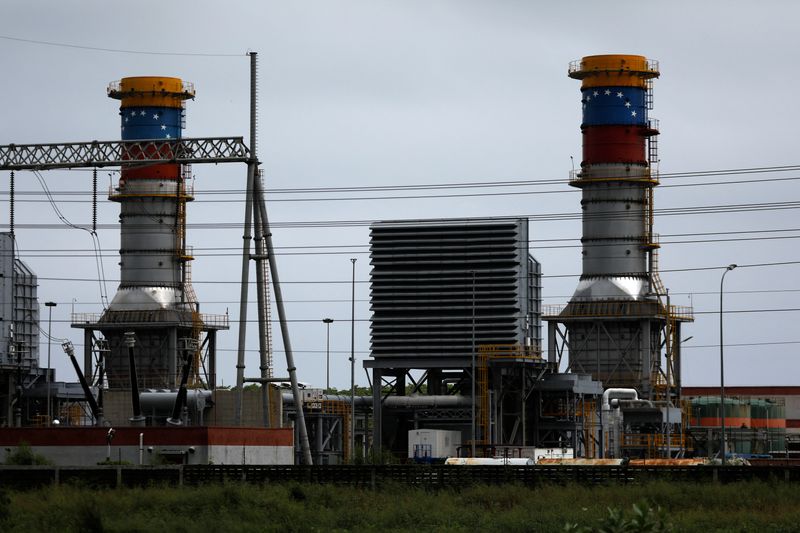By Mohi Narayan and Katya Golubkova
NEW DELHI (Reuters) -Oil prices were little changed after a 3% drop in the previous session as the market remains concerned about demand this year and on signs that a wider conflict in the key Middle East producing region could be avoided.
futures were up 13 cents, or 0.15%, at $87.42 a barrel, while U.S. West Texas Intermediate (WTI) crude futures traded 6 cents higher, up 0.07%, at $82.75 a barrel at 0636 GMT.
The two benchmarks slid 3% in the previous session on signs that fuel demand this year is lower than expected amid flagging economic growth in China and as oil inventories in the U.S., the world's biggest crude consumer, rose.
Analysts at JP Morgan highlighted in a note late on Tuesday that worldwide oil consumption so far in April has been 200,000 barrels per day (bpd) below its forecast, averaging 101 million bpd. From the start of the year, demand has risen by 1.7 million bpd, down from its forecast in November of 2 million bpd.
At the same time, investors are discounting the chance that Israel will strongly retaliate against Iran's missile and drone attack on April 13, which was prompted by Israel's alleged killing of Iranian military leaders at a Syrian diplomatic site on April 1.
Iran is the third-largest producer in the Organization of the Petroleum Exporting Countries, according to Reuters data, and an easing of its conflict with Israel would reduce the potential for supply disruptions in the Middle East.
"Brent is now back to levels before the April 1 attack on the Iranian consulate, suggesting that the latest bout of risk premium from heightened Israel-Iran tensions has eroded," said Vandana Hari, founder of oil market analysis provider Vanda (NASDAQ:) Insights.
Surging inventories also kept a lid on prices. Oil inventories rose by 2.7 million barrels to 460 million barrels in the week ending April 12, the Energy Information Administration said, nearly double analysts' expectations in a Reuters poll for a 1.4 million-barrel build.
Stockpiles built as refinery utilization declined at a time when processing typically rises ahead of summer driving demand in the U.S.
Gasoline stocks fell by 1.2 million barrels in the week to 227.4 million barrels, the EIA said

Distillate stockpiles, which include diesel and , fell by 2.8 million barrels to 115 million barrels, versus expectations for a 300,000-barrel drop, the EIA data showed.
"A bearish EIA inventory report appears to have been the perfect opportunity for investors to lock in profits after the recent gains," Daniel Hynes, the senior commodity strategist at ANZ, said in a note on Thursday.
Bitcoin price today: stuck at $61k as halving approaches By
Dollar rally stalls after rare FX warning from finance chiefs By Reuters
Related News



